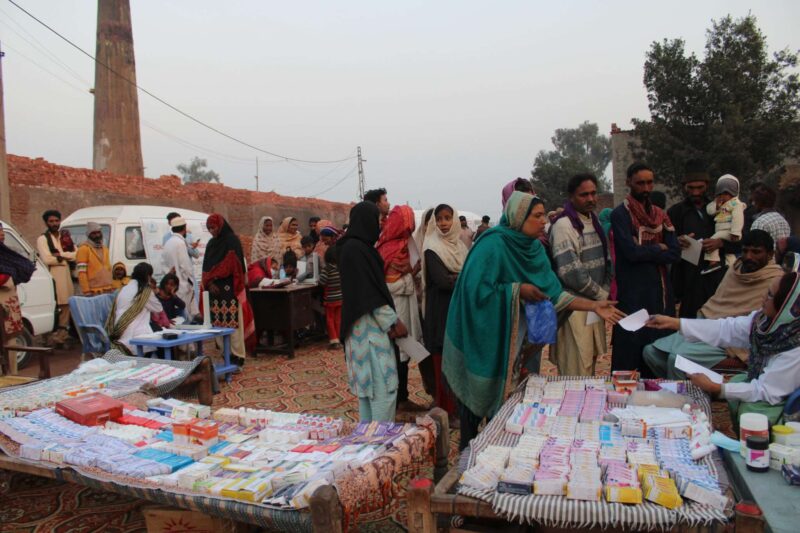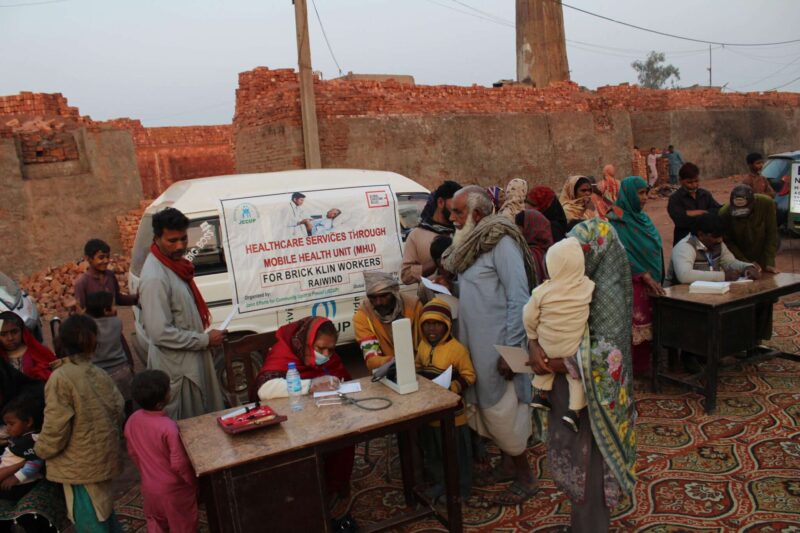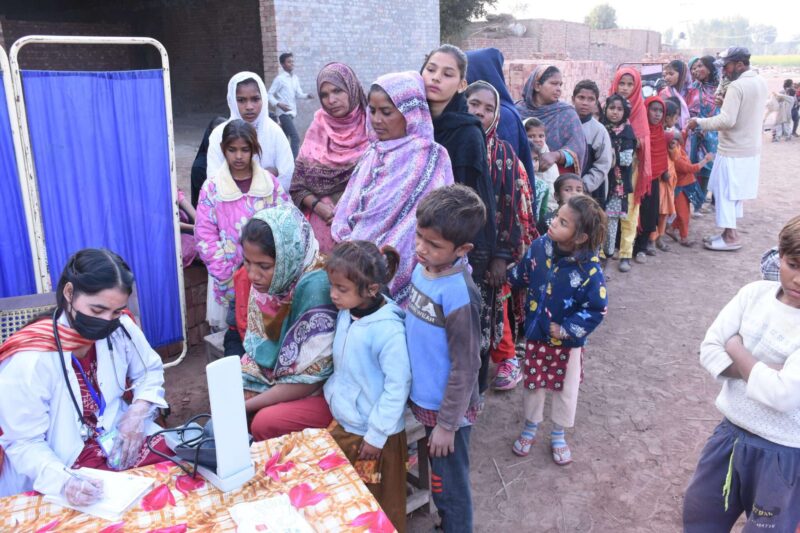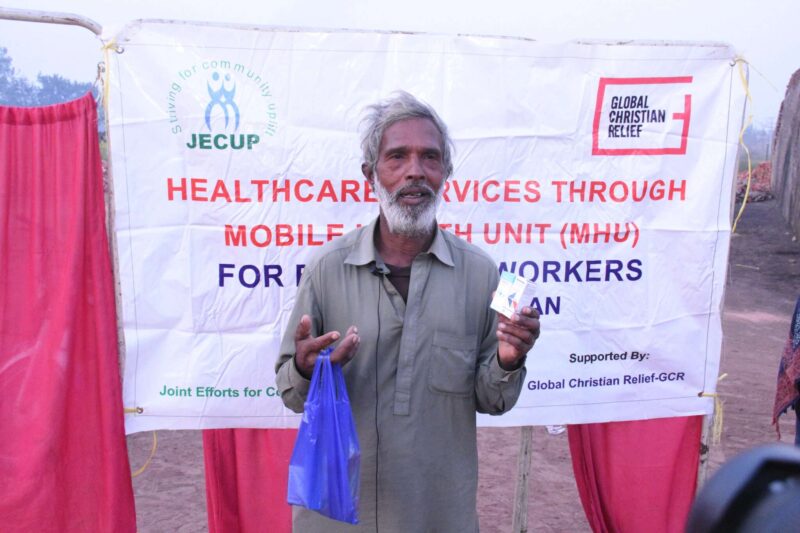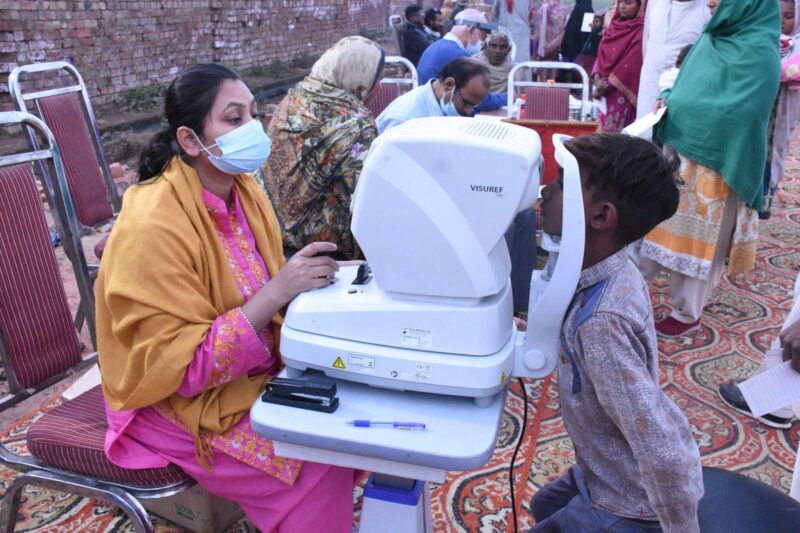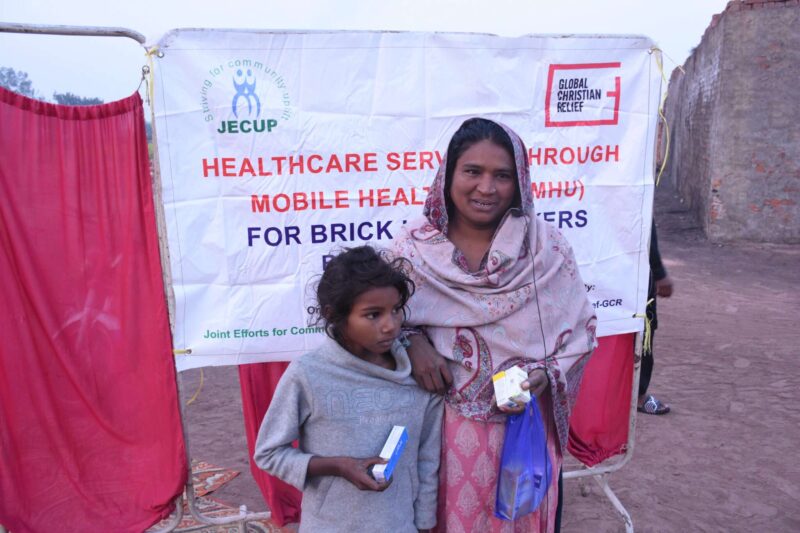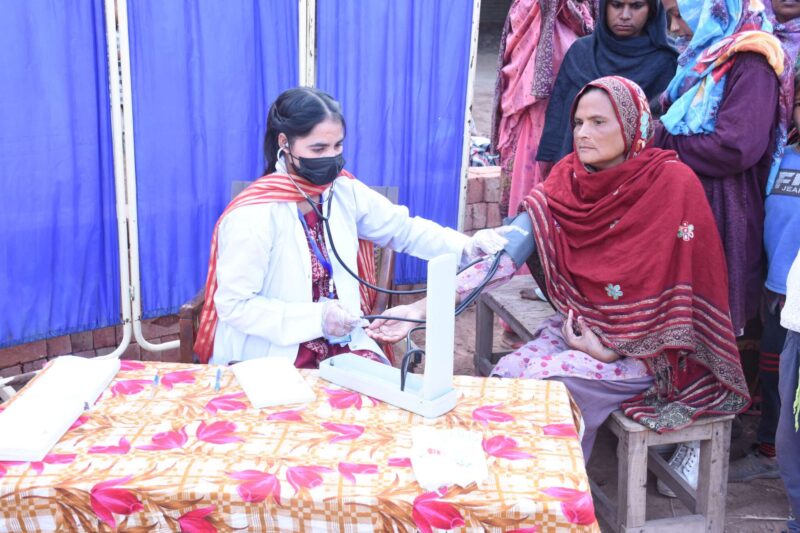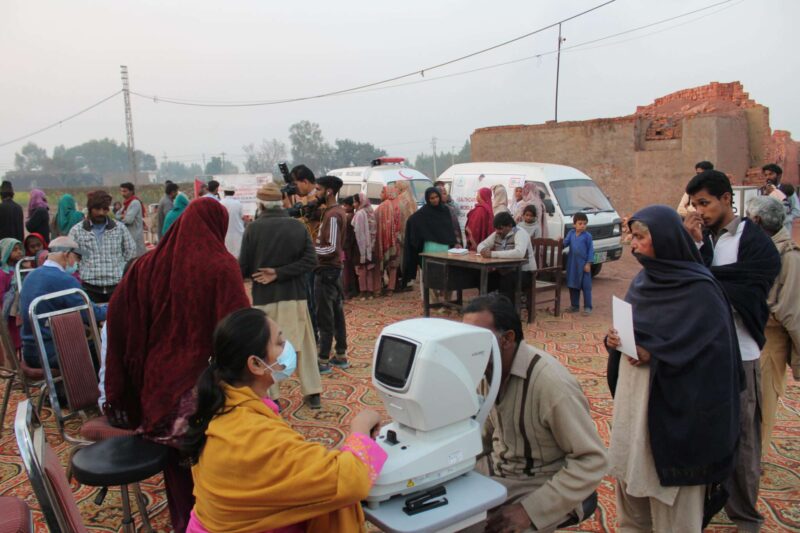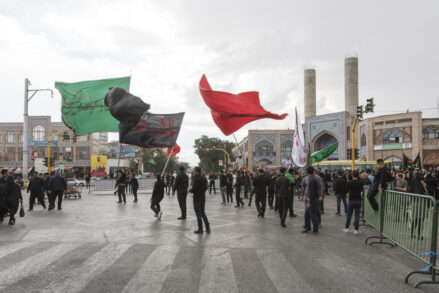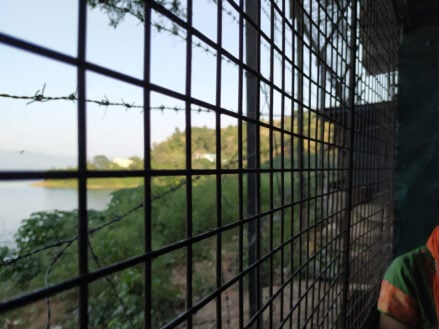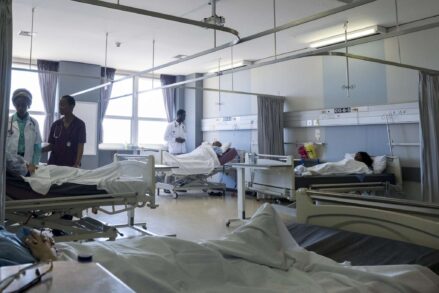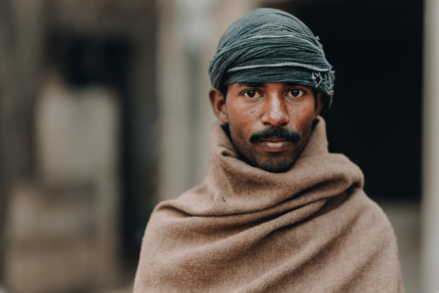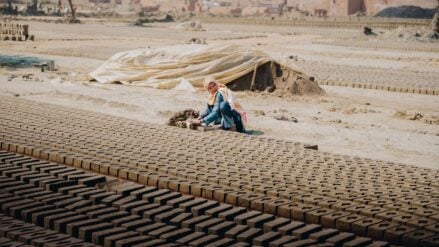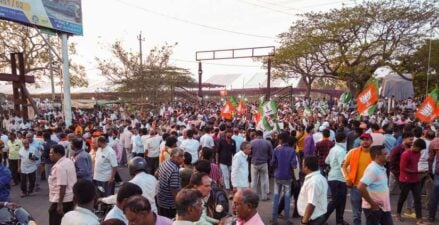Workers in Pakistan’s brick kilns are prone to developing chronic respiratory problems due to constant exposure to dust, chemicals and smoke. Often, these poor individuals have little to no access to medicine or medical facilities. Additionally, limited access to health education means they are less likely to take preventive measures against diseases, potentially exacerbating the impact of common illnesses.
In countries like Pakistan where patriarchal norms are prevalent, Christian women, particularly those working in brick kilns, face unique challenges. They often work without pay, with only the male members of the family receiving wages for the bricks produced, increasing women’s financial hardship. Pregnant women in these settings are in a precarious situation, facing high risks to their health and that of their children, including elevated child mortality rates.
Through this long-term charitable endeavor, our suffering brothers and sisters—brick kiln workers trapped in immense poverty—received not only free medical care and medication, but also improved health care awareness and a stronger sense of community.

